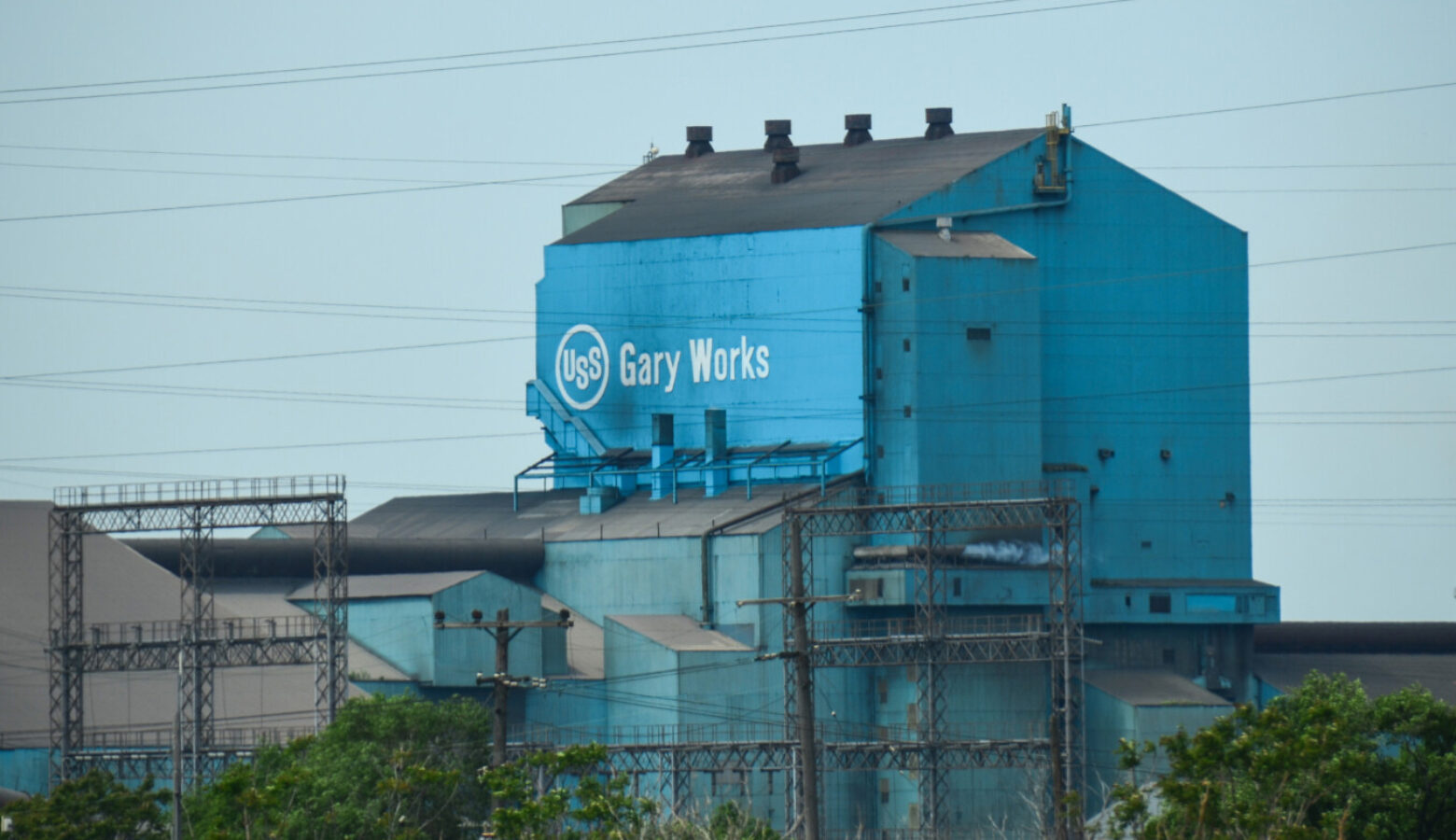Indiana scores low in environmental justice report

The report said Indiana lawmakers haven’t passed any meaningful environmental justice legislation — including refusing to hear a bill this past legislative session that would have created a climate and environmental justice task force. The bill authored by Sen. Ron Alting (R-Lafayette) was crafted with the help of youth climate activists.
Indiana doesn’t have an agency dedicated to environmental justice and hasn’t updated its environmental justice strategic plan in more than 20 years.
Paula Brooks is an environmental justice program manager for the Hoosier Environmental Council. She said the state should consider all of the pollution in an area before granting permits for things like industrial plants.
“Neighborhoods who are less able to fight back, they end up just being inundated by these entities,” Brooks said.
The Environmental Protection Agency thinks the state should consider such things too. The agency recently raised concerns about the Indiana Department of Environmental Management’s decision to approve a permit for a waste-to-jet-fuel plant in Gary — a community already burdened by pollution.
Join the conversation and sign up for the Indiana Two-Way. Text “Indiana” to 73224. Your comments and questions in response to our weekly text help us find the answers you need on statewide issues, including this series on climate change and solutions.
The Northeast-Midwest Institute report also recommends states develop online tools that show where polluted communities are and explain community members’ rights under the law.
States in the Northeast with predominantly Democratic-leaning governments tended to score better. Among Midwest states, Michigan scored the highest. Indiana ranked second to last among all states studied in the report, only behind New Hampshire.
Brooks said she’s optimistic that Indiana can improve. Particularly with things like the Indiana Department of Transportation’s ProPEL program — which aims to get more public feedback on proposed road projects and earlier on.
Contact reporter Rebecca Thiele at rthiele@iu.edu or follow her on Twitter at @beckythiele.
